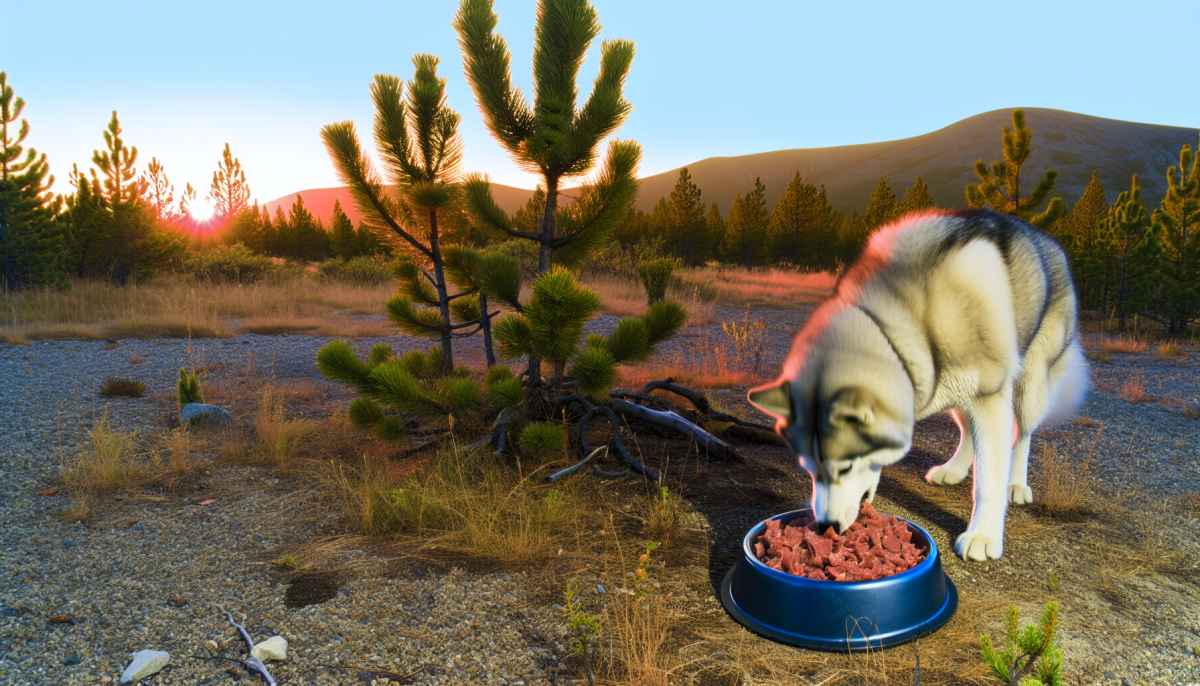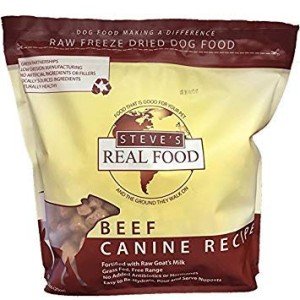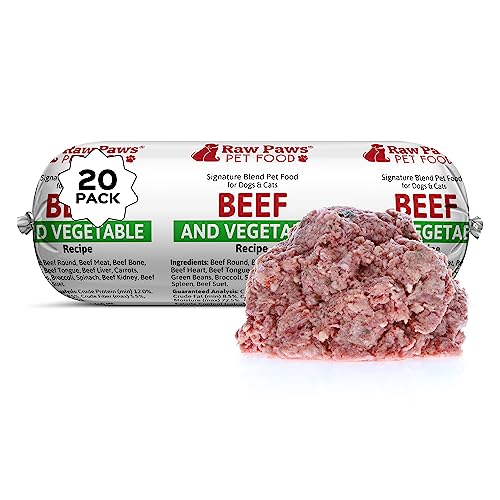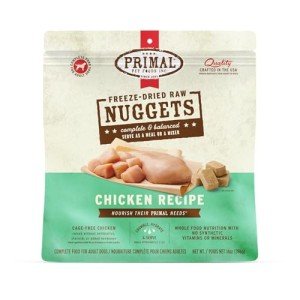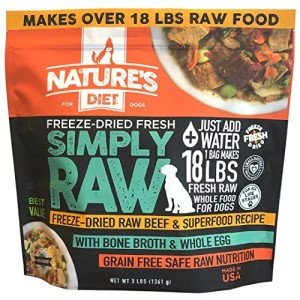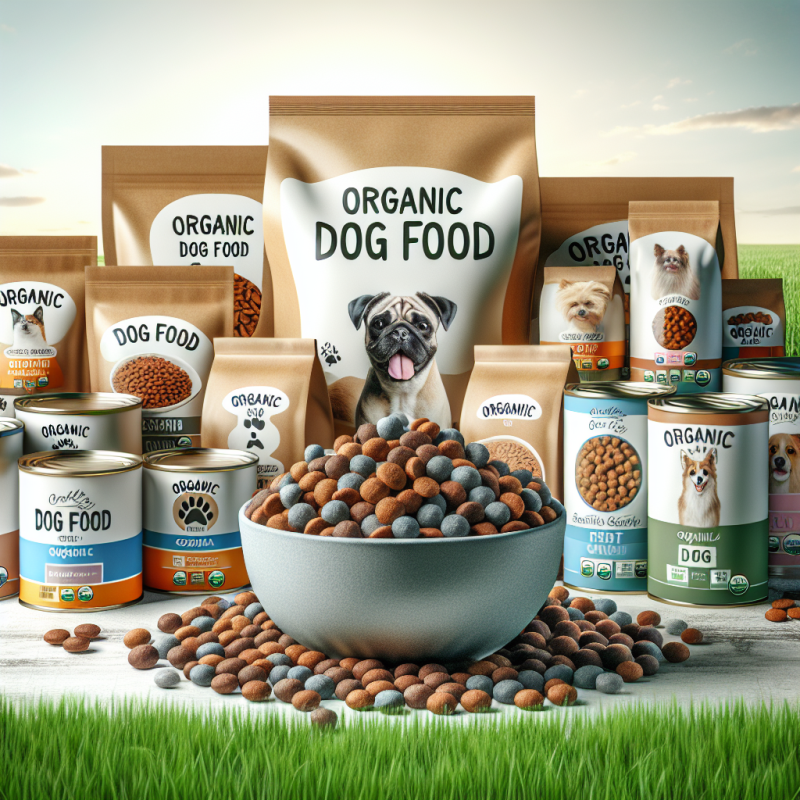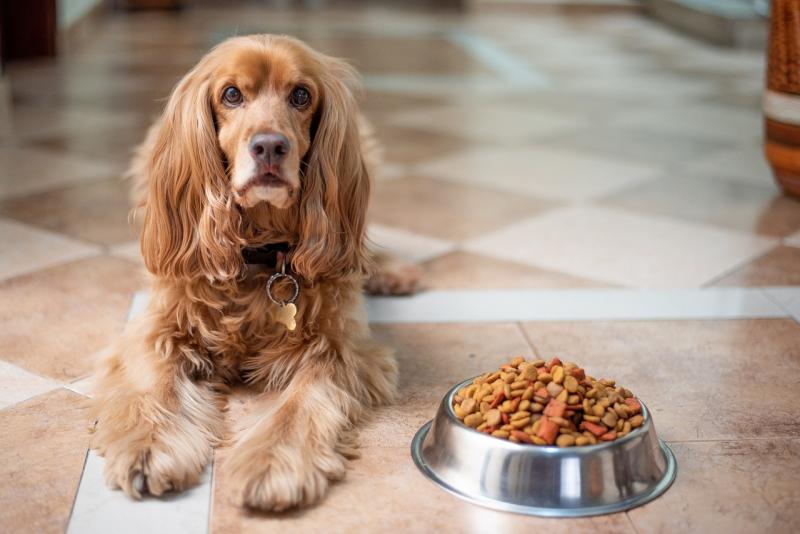Exploring Raw Food for Dogs: The Carnivore Diet Debate
When you're looking for the best dog food to boost your pup's health, you might hear a lot about raw food for dogs. This approach, sometimes called a carnivore diet for dogs, is built on the idea that dogs, like their wild ancestors, are designed to eat uncooked meats, bones, and organs. Think of it as going back to basics for their diet.
There are two main ways people approach feeding a raw dog food diet:
Two Popular Raw Dog Food Philosophies:
- BARF (Biologically Appropriate Raw Food): This plan focuses on creating a balanced diet over time. It includes raw meat, bones, and organs, plus a smaller amount of fruits, vegetables, and sometimes dairy or eggs. The goal is to create a well-rounded meal that's similar to what a whole prey animal would offer nutritionally.
- Prey Model Raw (PMR): This is a stricter version. It only includes raw meat, bones, and organs, sticking to ratios found in a whole prey animal (like 80% meat, 10% bone, 5% liver, and 5% other organs). No plant-based ingredients are part of this model.
Why Dog Owners Choose Raw Food: The Potential Benefits
Supporters of raw dog food often report seeing significant improvements in their dogs' health. They believe that uncooked ingredients offer advantages that processed foods might not.
Top 6 Reported Benefits of Feeding Raw Dog Food:
- Superior Nutrient Absorption: Proponents claim that cooking at high temperatures (like in kibble production) can destroy natural enzymes, vitamins, and minerals. Raw ingredients, they say, keep these vital nutrients intact, making them easier for your dog's body to use.
- Improved Digestion: Many raw feeders notice their dogs have better digestion. This often means less gas, and smaller, firmer stools, suggesting their bodies are processing the food more efficiently.
- Enhanced Skin & Coat Health: A common observation is a shinier, softer coat and healthier skin. Owners often report a reduction in itching, scratching, and allergy-like symptoms.
- Increased Energy & Vitality: Dogs on a raw diet are often described as having more energy, being more playful, and showing an overall increase in their zest for life.
- Better Dental Health: Feeding raw, meaty bones (recreational bones, not weight-bearing bones) can naturally help scrape plaque and tartar off your dog's teeth, contributing to better oral hygiene.
- Reduced Body Odor: Some owners report that their dogs have less of that typical "doggy" smell, possibly due to improved internal health and digestion. (As an aside, I had a doggo that got stinky when she didn't get enough exercise. She loved to run, a lot. If we went too long without those big runs, she would smell... well, like a dog!)
Important Considerations: The Challenges and Risks of Raw Food for Dogs
While the potential benefits are appealing, the veterinary community and many experts raise significant concerns about feeding raw food for dogs. It's crucial to be aware of these challenges before making a switch.
5 Key Concerns When Considering a Carnivore Diet for Dogs:
- Bacterial Contamination Risk: Raw meat can carry harmful bacteria such as Salmonella, E. coli, and Listeria. These bacteria not only pose a risk to your dog (though dogs often show fewer symptoms than humans) but also to humans handling the food, especially those with weakened immune systems. Proper hygiene is absolutely essential.
- Nutritional Imbalance (Especially with DIY Diets): This is a major concern for veterinarians. Creating a homemade raw dog food diet that is truly complete and balanced is incredibly difficult. It's easy to accidentally create deficiencies or excesses of critical nutrients over time. For instance, incorrect calcium-to-phosphorus ratios can lead to serious bone and growth problems, especially in puppies.
- Choking & Internal Injury Risk from Bones: While raw bones can help with dental cleaning, feeding whole raw bones carries significant risks. Dogs can choke on bone fragments, crack teeth, or suffer internal injuries (like punctures or blockages) from swallowed pieces.
- Higher Cost & Less Convenience: Raw food for dogs tends to be much more expensive than traditional kibble. It also demands careful sourcing of ingredients, dedicated freezer space, and meticulous preparation to ensure safety and balance. It's also not the most convenient option for travel or boarding.
- Lack of Regulation in the Market: Compared to traditional kibble and canned foods, the commercial raw dog food market is less strictly regulated. This makes it harder for consumers to truly assess the quality, safety, and nutritional completeness of many products.
A Convenient Alternative: Dehydrated Dog Food
If you're drawn to the benefits of raw or minimally processed food but are concerned about the risks or inconvenience, dehydrated dog food offers a fantastic middle ground.
How Dehydrated Dog Food Works:
Dehydrated dog food is created by removing moisture from raw ingredients at low temperatures. This process helps to preserve nutrients that might be lost in high-heat cooking, similar to raw food, but makes the product shelf-stable and much safer by eliminating most harmful bacteria.
Why Dehydrated Dog Food is a Popular Choice:
- Nutrient Preservation: Because it's processed at lower temperatures than kibble, proponents suggest it retains more natural enzymes and vitamins.
- Safety: The dehydration process significantly reduces the risk of bacterial contamination compared to fresh raw meat.
- Convenience: It's shelf-stable, lightweight, and easy to store and transport. You simply add water before serving, rehydrating it into a moist, palatable meal.
- Palatability: Many dogs find the taste and texture more appealing than dry kibble due to the natural ingredients and rehydrated consistency.
- Less Mess: No raw meat to handle, reducing cleanup.
While not strictly a carnivore diet for dogs in the raw sense, dehydrated dog food offers many of the benefits of minimally processed ingredients with added safety and convenience. Always check the ingredient list to ensure it features high-quality meats and whole foods.
Important Note on Raw and Dehydrated Feeding: If you are considering any form of raw dog food or even a heavily plant-based carnivore diet for dogs, it is CRITICAL to consult with a board-certified veterinary nutritionist. They can help you formulate a truly balanced and safe diet specific to your dog's needs, or recommend reputable, commercially prepared options that meet AAFCO standards and are backed by scientific research. Never attempt to formulate a complex diet solely based on online information without expert guidance, as nutritional imbalances can lead to serious health problems over time.
